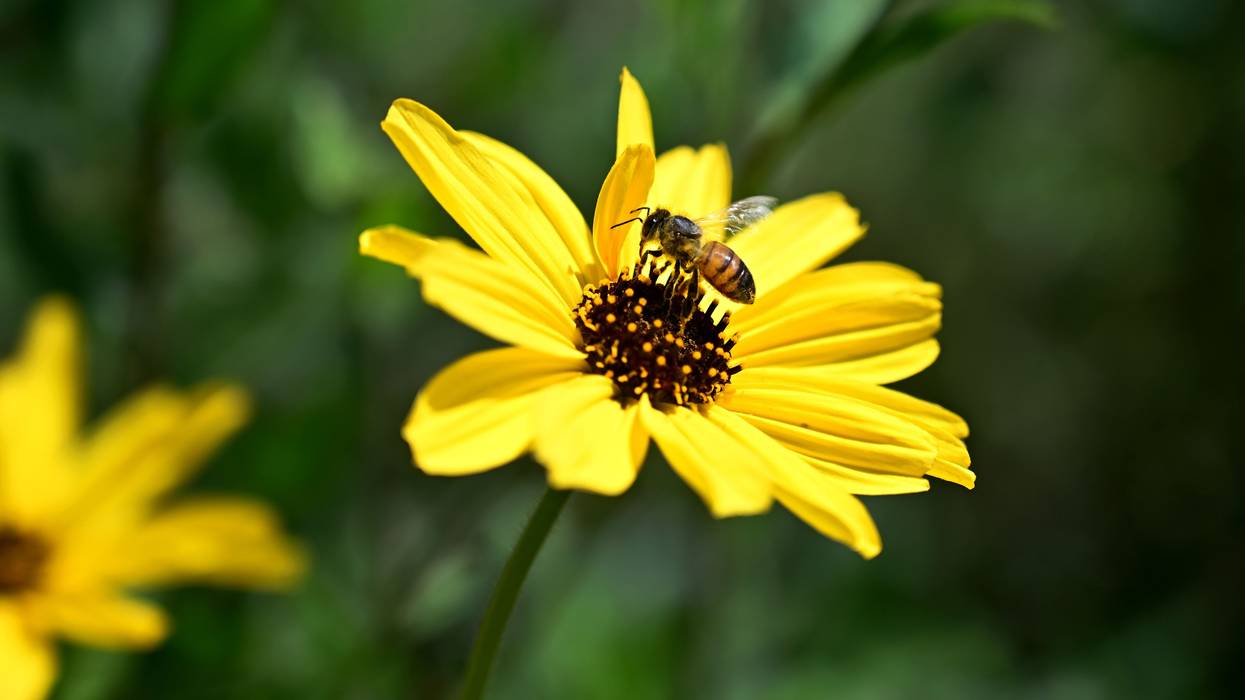Agriculture Secretary Brooke Rollins said in June as she announced her intention of repealing the rule that the administration aims to "get more logs on trucks," in accordance with President Donald Trump's executive order calling for expanded logging in the nation's forests. The president has asserted more trees must be cut down to protect from wildfires, a claim that's been rejected by environmental groups that note fires are more likely to be ignited in areas where vehicles travel.
The public comment period on rescinding the Roadless Rule is set to open this week and end September 19.
The environmental legal firm Earthjustice, which has fought to defend the Roadless Rule for years, including when Trump moved to exempt the Tongass from the regulation during his first term, noted that roadless forests provide vulnerable and endangered wildlife "with needed habitat, offer people a wide range of recreational activities, and protect the headwaters of major rivers, which are vital for maintaining clean, mountain-fed drinking water nationwide."
"If the Roadless Rule is rescinded nationally, logging and other destructive, extractive development is set to increase in public forests that currently function as intact ecosystems that benefit wildlife and people alike," said the group.
Gloria Burns, president of the Ketchikan Indian Community, said the people of her tribe "are the Tongass."
"This is an attack on Tribes and our people who depend on the land to eat," said Burns. "The federal government must act and provide us the safeguards we need or leave our home roadless. We are not willing to risk the destruction of our homelands when no effort has been made to ensure our future is the one our ancestors envisioned for us. Without our lungs (the Tongass) we cannot breathe life into our future generations."
Garett Rose, senior attorney at the Natural Defenses Resource Council, said Rollins and Trump have declared "open season on America's forests."
"For decades, the Roadless Rule has stood as one of America's most important conservation safeguards, protecting the public's wildest forests from the bulldozer and chainsaw," said Rose. "The Trump administration's move to gut this bedrock protection is nothing more than a handout to logging interests at the expense of clean water, wildlife, and local communities. But we're not backing down and will continue to defend these unparalleled wild forests from attacks, just as we have done for decades."
The Alaska Wilderness League (AWL) noted that 15 million acres of intact temperate rain forest, including the Tongass and the Chugach, would be impacted by the rulemaking, as would taxpayers who would be burdened by the need to maintain even more roads run by the US Forest Service.
The service currently maintains more than 380,000 miles of road—a system larger than the US Interstate Highway System—with a "maintenance backlog that has ballooned to billions in needed repairs," said AWL.
"More roads mean more taxpayer liability, more wildfire risk, and more damage to salmon streams and clean water sources," added the group.
"No public lands are safe from the Trump administration, not even Alaska's globally significant forests," said Andy Moderow, senior director of policy at AWL. "Rolling back the Roadless Rule means bulldozing taxpayer-funded roads into irreplaceable old growth forest, and favoring short-term industry profits over long-term, sustainable forest uses. The Roadless Rule is one of the most effective, commonsense conservation protections in U.S. history. Scrapping it would sacrifice Alaska's public lands to the highest bidder."
Drew Caputo, vice president of litigation for lands, wildlife, and oceans at Earthjustice, emphasized that the group "has successfully defended the Roadless Rule in court for decades."
"Nothing will stop us," he said, "from taking up that fight again."




